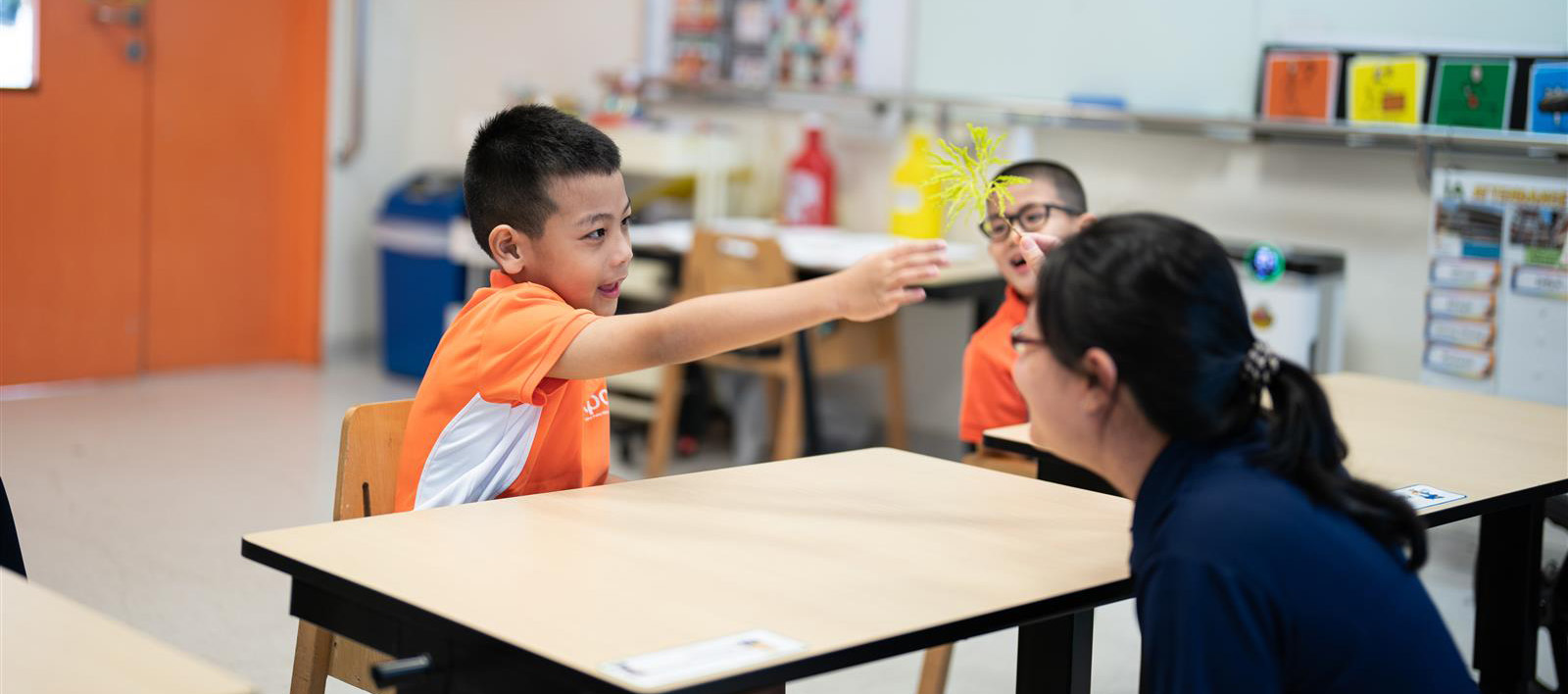
Parents of disabled children frequently choose homeschooling as an appealing alternative to traditional schooling. There are several reasons why these children are homeschooled.
Homeschooling allows for individualised instruction tailored to the specific needs of disabled children. To match their child’s unique learning style and abilities, parents can modify teaching methods, pacing and materials. This customised approach maximises the child’s learning potential while also creating a supportive environment that encourages academic progress.

Image Credit: https://cpas.org.sg
Another significant advantage of homeschooling for disabled children is the flexibility in scheduling and the creation of a conducive learning environment. They may need more breaks, therapies or specialised equipment, which can be easily incorporated into a homeschooling routine. Parents can create a comfortable and focused learning environment that improves their child’s engagement and concentration by adapting the environment to their child’s needs.
Homeschooling allows for more one-on-one attention and parental support. Parents can devote more time to addressing their child’s specific challenges and providing additional guidance and support tailored to their child’s specific needs. This personalised support helps disabled children gain confidence, promote independence and achieve optimal learning outcomes.
For disabled children, traditional school settings can present social challenges as well as the possibility of bullying. Homeschooling provides a safe and supportive environment in which social pressures and negative interactions are minimised. It allows disabled children to learn at their own pace, away from social stressors, and promotes positive emotional and mental well-being.
Homeschooling also allows for the incorporation of various therapies and services into the child’s daily routine. Speech therapy, occupational therapy and other specialised interventions can be seamlessly integrated into the homeschooling curriculum. This ensures that the child’s educational and therapeutic needs are met in a comprehensive manner.

Image Credit: https://www.minds.org.sg/for-children/schools/tgs/
To summarise, homeschooling offers numerous advantages to parents of disabled children. It provides individualised instruction, scheduling flexibility, increased parental support, a secure social environment and integration of specialised therapies. These benefits make homeschooling an appealing option for parents looking to provide a customised educational experience for their disabled children.


